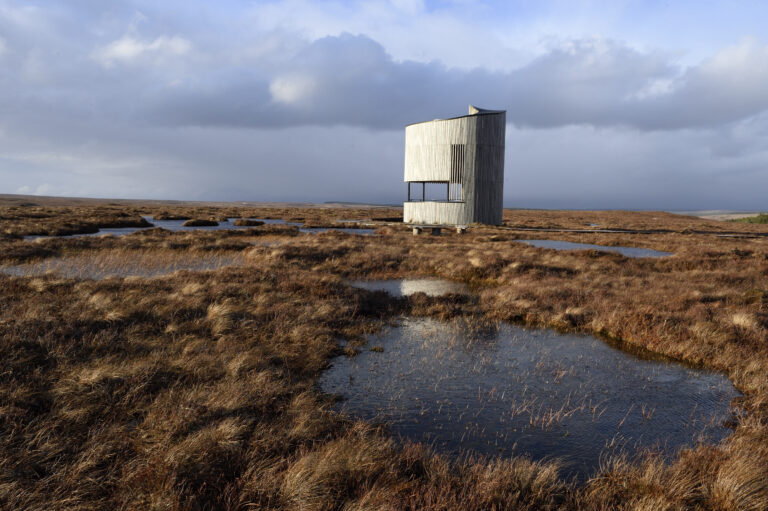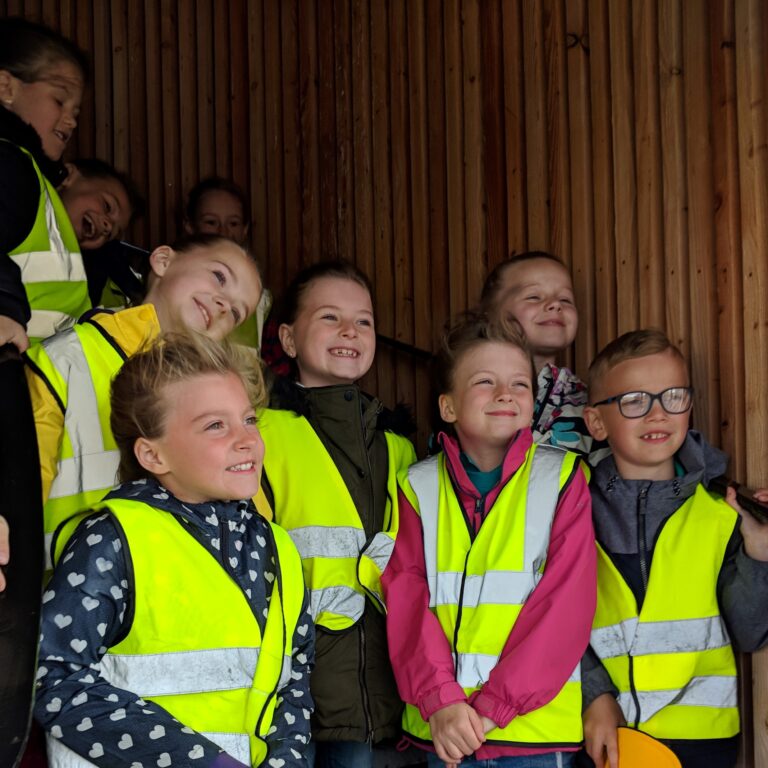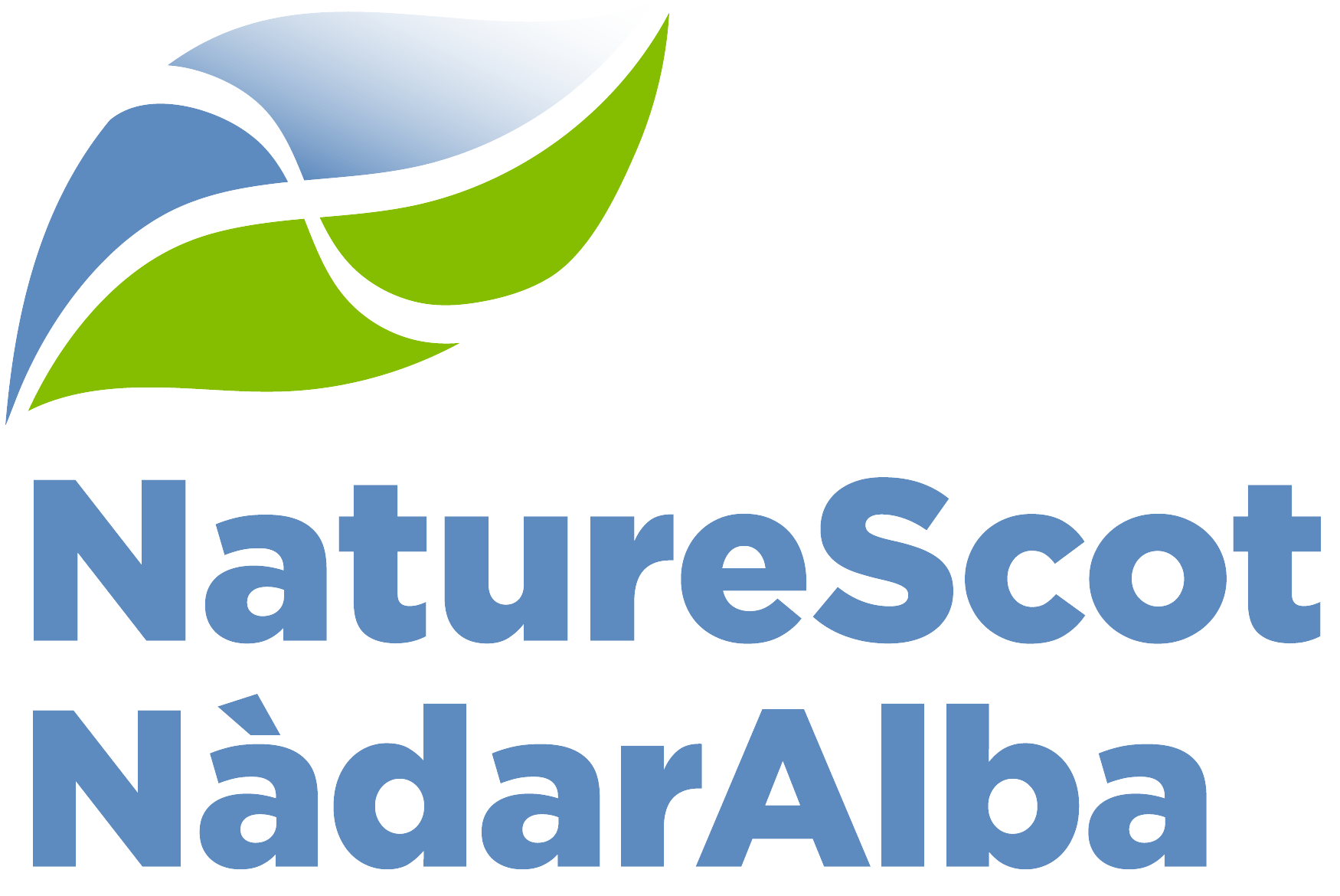Welcome to the Flow Country – the most intact and extensive blanket bog system in the world!
Stretching across Caithness and Sutherland in the far north of Scotland, this vast expanse, ~400,000ha of blanket bog comprises a complex set of interlinked pool systems and micro features that not only host an eye-catching flora and fauna but also play a vital role in our defence against the effects of climate change.
From above the land is a mottled pattern of peatland and pools, their colours shifting like an opal. But look a little closer and you’ll find a world of amazing plants, insects and rare birds, and find a place to be inspired by peace and space.
Due to the global significance of the Flow Country it has long been suggested it should be nominated for World Heritage status (since 1988!) on the basis of the blanket bog environment and the species that call it home. The heightened importance of peatlands in fighting the climate crisis has raised its profile further.
In July 2024, The Flow Country was inscribed as a World Heritage Site – the world’s first peatland World Heritage Site!
The Flow Country World Heritage Site is a subset of and around half the size of the wider Flow Country area and represents a full suite of the very best elements of the blanket bog ecosystem.
The Flow Country Partnership is the main governing body with oversight of the World Heritage Site in conjunction with a partnership-based Steering Group. The Steering Group oversaw the World Heritage Site bid process and has representatives from various stakeholders who have a role in caring for the Site, including community representatives as well as landowners and agencies are included. In addition, there will be a small professional team to oversee the Site, and a range of technical working groups to focus on specific subjects.
The Flow Country Partnership, previously the Peatlands Partnership, has developed The Peatlands of Caithness and Sutherland Management Strategy 2021 – 2030 which replaces the original strategy 2005-2015 and provides important context for the management of the World Heritage Site alongside the peatlands of the wider Flow Country area.
Alongside the management of the World Heritage Site, The Flow Country Partnership manages a variety of projects, including the Green Finance Initiative – an initiative that blends public and private finance to restore peatlands at scale.
The Flow Country Partnership is a Scottish Charitable Incorporated Organisation (SCIO), No. SC053100.





